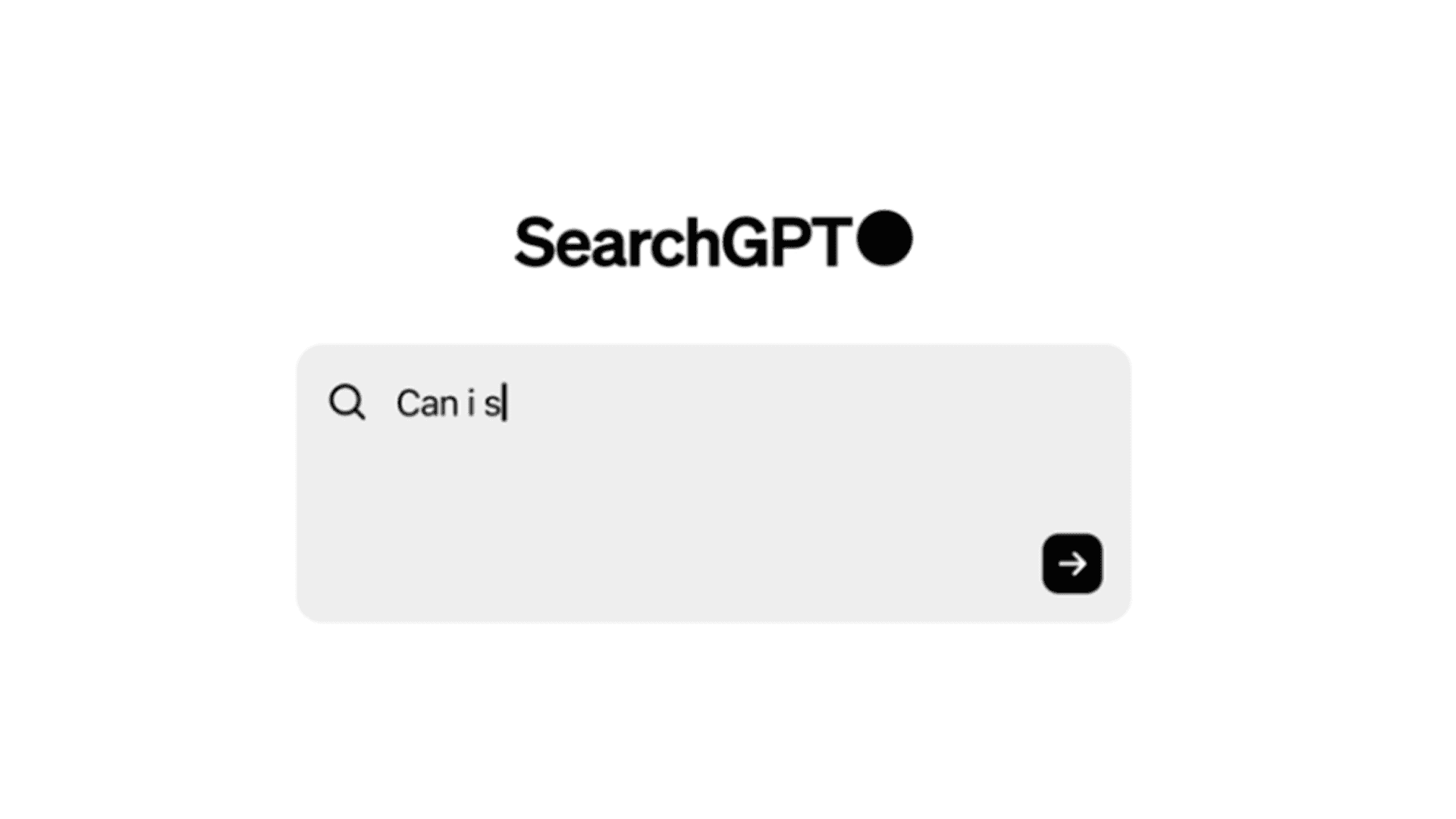In a bold move that could reshape the landscape of online search, OpenAI has announced SearchGPT , a prototype of new AI-powered search features. This development, revealed on July 25, 2024, marks OpenAI's entry into a space long dominated by tech giants like Google, potentially setting the stage for a new era in how we find and interact with information on the web.
What is SearchGPT
SearchGPT is described as a temporary prototype that combines the strength of OpenAI's advanced AI models with real-time information from the web. The goal? To provide users with fast, timely answers accompanied by clear and relevant sources. This approach aims to streamline the search process, potentially reducing the need for multiple queries to find relevant information.
One of the key features of SearchGPT is its conversational interface. Users can ask follow-up questions naturally, with the system maintaining context throughout the interaction. This mimics a conversation with a knowledgeable person, potentially making the search experience more intuitive and efficient.
How SearchGPT Compares to Google Search
While Google has been incorporating AI into its search engine for years, including features like featured snippets and its AI-powered Search Generative Experience (SGE), SearchGPT appears to be taking a different approach:
- Conversational Interface: Unlike Google's traditional search box, SearchGPT seems to prioritize a chat-like interaction, similar to ChatGPT. This could make complex queries and follow-up questions more natural.
- Direct Answers with Sources: While Google often provides direct answers in featured snippets, SearchGPT aims to give more comprehensive responses with inline citations and links, potentially increasing transparency.
- Focus on Publishers: OpenAI emphasizes its commitment to partnering with publishers, including features for publishers to manage how they appear in results. This could be a response to ongoing concerns about AI's impact on content creators.
- Prototype Status: Unlike Google's established search engine, SearchGPT is currently a limited prototype. This allows OpenAI to gather feedback and refine the system before a wider release.
Implications for Publishers and the Web Ecosystem
OpenAI's approach with SearchGPT seems to place a strong emphasis on supporting publishers and content creators. The company has partnered with major publishers like The Atlantic and News Corp during the development process. Key features include:
- Prominent citation and linking to sources
- A publisher management system for controlling how content appears in SearchGPT
- Separation of search functionality from AI model training, allowing sites to appear in results even if they opt out of AI training data
This focus on publisher relationships could be a strategic move to address concerns about AI's impact on the publishing industry, a challenge that Google and other AI companies have faced.
The Future of AI-Powered Search
While SearchGPT is currently a limited prototype, OpenAI has stated its intention to integrate the best features into ChatGPT in the future. This suggests that the company sees AI-powered search as a key area for growth and innovation.
As AI continues to evolve, we can expect the line between traditional search engines and AI assistants to blur further. The competition between OpenAI's approach and Google's ongoing AI integration could drive rapid innovation in this space, potentially transforming how we access and interact with information online.
Final Words!
OpenAI's introduction of SearchGPT represents a significant development in the world of online search. While it's too early to predict whether it will seriously challenge Google's dominance, it's clear that AI-powered search is becoming increasingly sophisticated and user-friendly.
As this technology develops, key questions remain: How will it impact the discoverability of online content? Will it change the way we conceptualize and interact with information? And how will it balance the needs of users, publishers, and the broader web ecosystem?
One thing is certain: the race to create the ultimate AI-powered search experience is heating up, and users stand to benefit from the resulting innovations. As SearchGPT moves from prototype to wider release, it will be fascinating to see how it shapes the future of online search and information retrieval.
